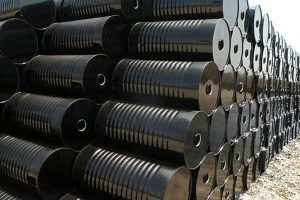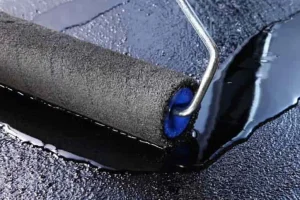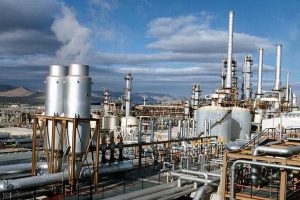What is Dry Bitumen: Properties + Uses
What is dry bitumen? Dry bitumen is a modified bitumen that manufacturers produce through thermal and air-blowing processes. It comes in various grades, including 10/20, 115/15, and 160/220. These processes reduce volatile components and increase bitumen’s hardness and brittleness, producing a glossy and solid bitumen. Also, dry asphalt is available in two forms: pure dry asphalt used for waterproofing and surface coating; and carton dry asphalt, which is a combination of dry asphalt and other additives and is presented in bitumen layers. Therefore, in this article from the Iran E-Trade blog, a trusted source for bitumen pricing, we will fully explore dry asphalt’s characteristics, properties, and applications.
What is dry bitumen?
Dry asphalt is a modified bitumen that becomes solid after undergoing specific thermal and air-blowing processes. At room temperature, it is brittle and dry, but it softens with heat and gains adhesive traits.
Dry bitumen is a product formed under intense heat and aeration, resulting in a hard, brittle substance with a glossy appearance.
This type of bitumen is available in various grades, such as 10/20, 115/15, and 160/220. Bitumen manufacturers produce it through various methods, including the use of gilsonite or hot air-blowing techniques.
However, dry asphalt made by the air-blowing method generally has higher quality and more uses compared to other types. Furthermore, It is derived from petroleum and is typically produced in refineries.
Like other types of bitumen, dry asphalt is fully soluble in carbon disulfide and carbon tetrachloride. It remains solid at ambient temperatures but melts into a liquid when heated.
(Click to learn about bitumen producers in Iran.)
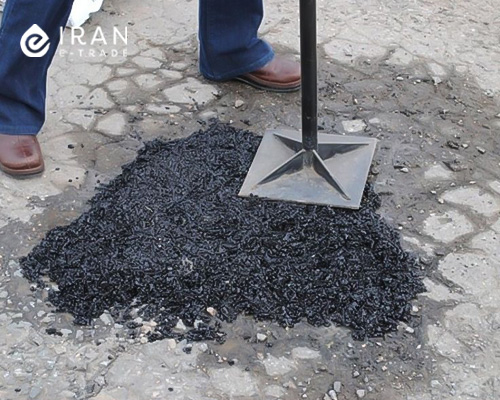
Introducing Carton Dry Asphalt
Carton dry bitumen, also known as cardboard bitumen, is a type of dry asphalt that is produced in a dense form and packaged in carton-shaped boxes. These boxes have several advantages, including easy transportation and convenient storage.
(Click for information on bitumen prices.)
Uses of Dry Asphalt
Dry asphalt has applications in insulation, coating asphalt surfaces, and the production of waterproofing membranes and speciality paints. You can also apply it in road construction and repair, coating metal surfaces, and protecting industrial environments.
What is dry bitumen used for? Because of its unique properties, dry asphalt offers specific advantages over other types of bitumen, such as white and refinery bitumen. As a result, it has a variety of uses, including:
- Paint and ink production: Dry asphalt is useful in manufacturing various types of paints and inks.
- Insulation: Combined with industrial bitumen, dry asphalt enhances insulation performance, especially in buildings.
- Road construction and asphalt production: Dry asphalt plays a key role in high-quality road construction and asphalt production, usually mixed with anionic bitumen emulsion and materials like sand and gravel.
- Waterproofing and bitumen products: Dry asphalt is used in producing waterproofing materials and different types of bituminous compounds.
What Are The Characteristics of Dry Asphalt?
Dry asphalt is known for its thermal stability, strong adhesion to various surfaces, and resistance to harsh weather conditions.
What are the specifications of dry asphalt? This bitumen is typically available in two forms: granulated and in sheets. It is resistant to factors such as moisture and temperature fluctuations. Key features of dry bitumen include:
- Form: At room temperature, dry asphalt is solid or semi-solid with a cohesive structure.
- Consistency: Dry asphalt has a hard and brittle texture, whereas liquid bitumen is thick and fluid.
- Appearance: Dry asphalt is glossy and usually has a shiny surface, while liquid bitumen is dull and dark in appearance.
(Click for more information about Difference Between Asphalt and Bitumen.)
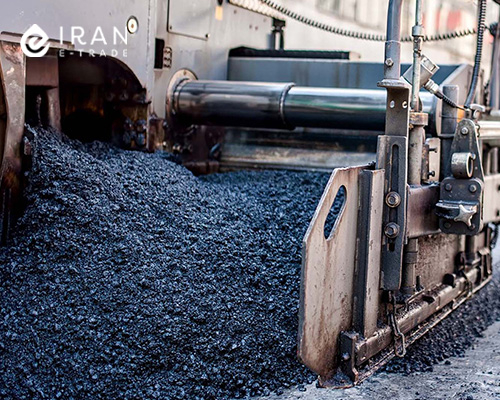
Advantages of Using Carton Dry Asphalt
Dry asphalt, along with other types of mineral, industrial bitumen, and gilsonite powder, stands out due to its cohesive structure, strong adhesion, and high resistance to water penetration.
The advantages of using carton dry bitumen are its ease of transportation, reduced storage costs, and extended life of the manufactured products. Additionally, dry asphalt is suitable for the production of waterproofing membranes, construction materials, and, based on your needs, for large-scale industrial projects. Other benefits include:
- Cohesive structure: Dry asphalt has a smooth, seamless texture, which makes it suitable for various applications.
- High adhesion: Dry asphalt has excellent adhesion and can strongly bond to different surfaces.
- High water resistance: Dry asphalt is resistant to water and does not dissolve when exposed to moisture.
- Shiny appearance: Dry asphalt has a shiny, glossy surface that enhances its visual appeal.
- High-temperature resistance: Due to its production at high temperatures, dry asphalt has significant resistance to temperature changes.
Price of Dry Bitumen
The price of dry asphalt can vary based on factors such as its production method, manufacturer brand, quality, and packaging.
The price of dry bitumen depends on its quality, type, and quantity. Factors like the production costs and packaging processes, type of packaging (such as carton or granulated), and market demand can significantly affect the final price of dry asphalt.
Now that we know what dry asphalt is, let’s explore the factors that influence its pricing: Like mineral bitumen powder and other petroleum derivatives, various factors affect the price of dry asphalt including:
- Grading (specific grade and quality)
- Quality and packaging
- Characteristics
- Production method
- Volume and quantity
- Manufacturer company or brand
- Specifications
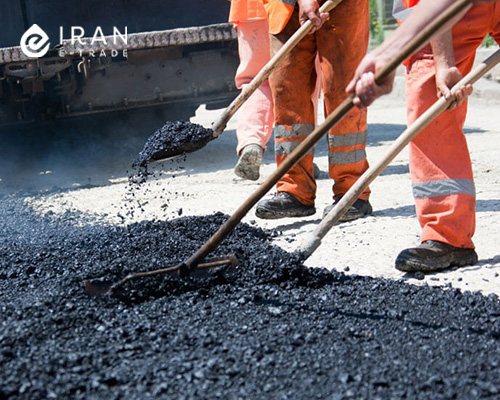
reference: middleeast
- Bitumen Suitable for Hot Climates: Benefits + Key Technical Tips
- How to Use Nano Bitumen: Properties & Applications + Method...
- Petroleum Products and Petroleum Derivatives: Introduction + Uses
- Oil Refineries in Iran: Complete List + Comparison
- Gasoline Producing Refineries in Iran: 12 Major Refineries
- Largest Oil Producers in the World: The Top 13 Countries...



